Up to 92.4% of runners get injured in their training and competing lifetime (4). Up to 78% of these injuries are overuse (4). The typical runner thinks that more is better. If you have free time, fill it with more miles! This thinking leads to injury. There are certain principles that are widely accepted amongst runners: don’t increase your volume too much, follow a plan, don’t run in old shoes, don’t change your shoes the day before a race, etc. One training principle that hasn’t made it on the list in some circles is implementing a strength training program. Studies have shown multiple times just how important strength training can be for runners. If you examine the routine of nearly every professional runner and triathlete today, you’ll find multiple strength sessions each week - you should too!
You can reduce your risk for injury by 50% by implementing a moderate to heavy resistance strength training program just two times a week (2). In addition to reducing your risk for injury, research shows that participating in a heavy resistance running specific strength training program for just 6 weeks improves time to exhaustion by 21% (1), improves running economy up to 8% (2), and has been shown to improve time in the 5k - 10k by 5% (2).
Following a strength training program specifically developed for runners will complement your endurance training to optimize your physical potential (3) by increasing neuromuscular efficiency, delaying activation of less efficient muscle fibers, converting fast twitch fibers into more fatigue resistant fibers, improving muscular strength and power, as well as tendon stiffness, bone density and joint health. This can all be achieved without an increase in body weight!
A strength training program for endurance runners should consist of moderate to heavy resistance training, explosive resistance training and plyometric training. In order to maximize the physiologic changes in response to the exercise, the number of repetitions and sets are very important. Runners typically need somewhere between 3-6 sets with 5-15 reps. Exercise selection is especially important in order to strengthen not only the larger prime mover muscles, but also the smaller stabilizing muscles. When structuring your workout, I recommend full-body sessions starting with compound movements and finishing with accessory movements. Refer to the videos below for some of our go to exercises for runners.
The timing of your strength workouts is important to ensure your run sessions are not impacted. Heavy strength training may cause fatigue and impair subsequent running performance without proper recovery time. Knowing how to periodize strength training around your race calendar is important because the goal might need to shift from gaining strength to maintaining strength.
If you are new to strength training, especially heavy resisted strength training, it is important to be supervised by a professional. Technique is vital. There are ways to perform your exercises effectively and efficiently to get the most benefit while minimizing risk, specifically the strength and the power adaptations.
At Boulder Sports Chiropractic, we have a functional training gym with the latest equipment to provide in house personal training and strength and conditioning. Our physical therapist will sit down with you to assess your current abilities, goals, and needs for your sport or distance. Then she will design a plan to help you achieve your goals. We can lead you 1-on-1 through your workouts or simply design a structured personalized strength plan for you to do on your own. Call today to set up an appointment for your complimentary strength consultation.
We offer 1-on-1 strength training, personalized strength program development, sports chiropractic, sports physical therapy, and sports massage therapy services in Boulder. All specifically geared to working with endurance athletes. Call or email us today to set up an appointment.
(1)Storen et al., 2008 (2)Denandai et al., 2017: Blagrove et al., 2008 (3)Ronnestad 2014 (4) Lopes et al., 2012
